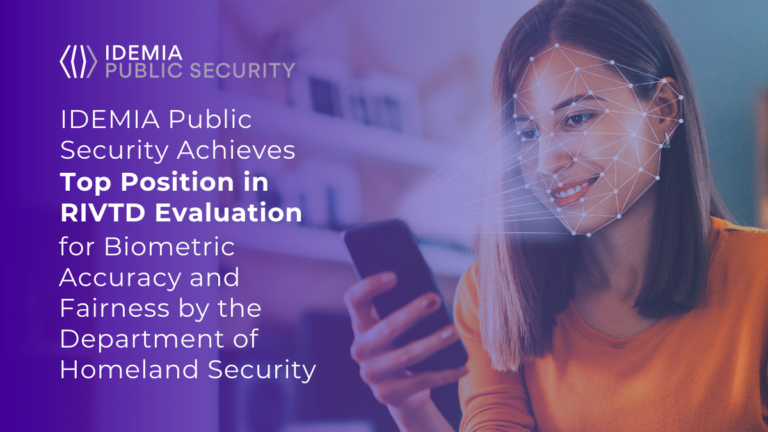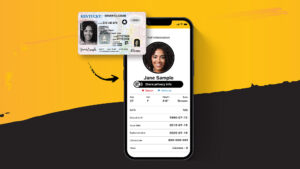
IDEMIA meets DHS benchmarks in its RIVTD Track 3 Assessment, showing unmatched trust, security, and performance in its remote identity verification solution.
Courbevoie, France. January 22, 2025 – IDEMIA Public Security, the leading provider of secure and trusted biometric-based solutions, proudly announces its top-ranking results in the Department of Homeland Security’s (DHS) Science and Technology Directorate (S&T) Remote Identity Validation Technology Demonstration (RIVTD) [1]. IDEMIA emerged as a clear leader in Track 3: Liveness Detection, showcasing unparalleled biometric accuracy and fairness [2].
The RIVTD series is a rigorous evaluation designed to challenge and advance the capabilities of remote identity verification technologies, and assess its effectiveness. IDEMIA’s #1 ranking in track 3 among the participants underscores yet again its commitment to developing cutting-edge biometric algorithms that excel in real-world scenarios, secure against sophisticated attacks, and meet the highest standards of fairness.
IDEMIA achieved flawless results in liveness detection, ensuring zero successful attacks while consistently reaching the demanding user experience satisfaction and delivering superior accuracy across demographic groups including gender, race, and skin tone. These results set a new benchmark for the biometric industry, and emphasize fairness, a global legal and ethical requirement and a crucial standard in biometrics and algorithms.
“Our leadership in the RIVTD evaluation reflects our unwavering focus on creating technologies that not only deliver accuracy, but also operate equitably across diverse populations. In a rapidly evolving regulatory landscape, fairness is becoming a legal necessity on top of a moral and ethical imperative.”
Vincent Bouatou, Chief Technology Officer, IDEMIA Public Security
For businesses and governments, selecting a biometric technology provider is no longer just about performance – it’s about compliance, inclusivity, and cost-effectiveness. Choosing an algorithm with demonstrated fairness and accuracy ensures alignment with emerging regulations, avoiding the risks, such as legal challenges and reputational harm, that is associated with non-compliant vendors. Beyond fairness, biometric accuracy translates directly into operational efficiency. A missed match costs organizations not just time, but money, whether in lost opportunities or additional resources for manual verification.



